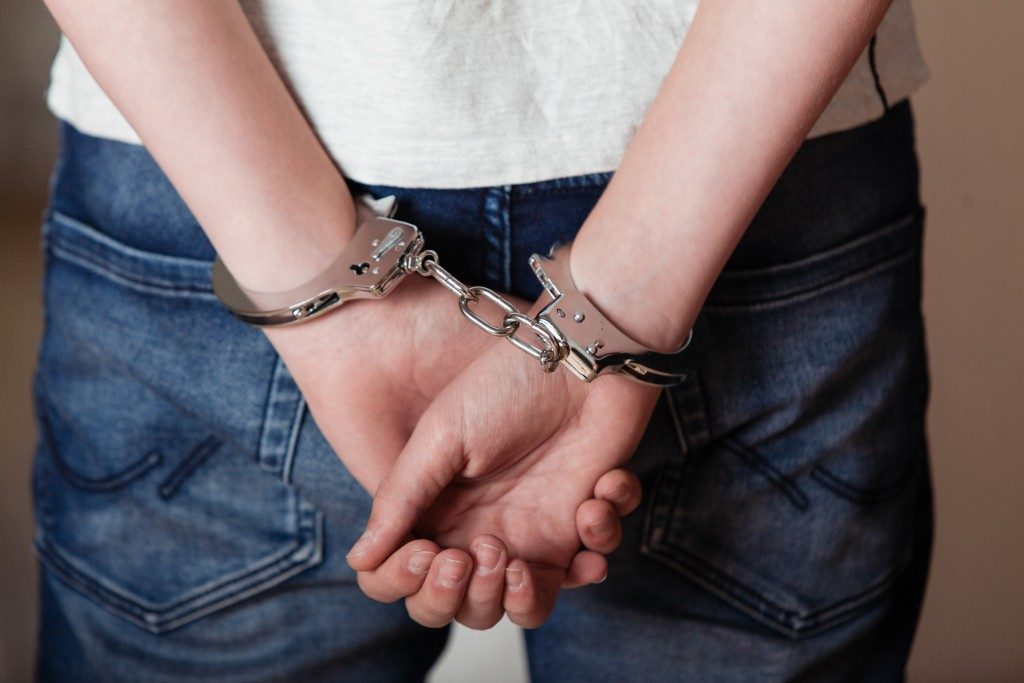If you get arrested in North Carolina, your top priority should be getting released from jail as soon as possible. You don’t want to spend the night behind bars, especially if you get detained over the weekend. If you want to get out of detention, you need to post bail.
Bail usually consists of cash or a piece of property that serves as collateral. This ensures you will return to court for your scheduled trial. There are four ways to post bail after an arrest, which we will discuss below.
Pay by cash or check
The amount of bail you need to pay depends on the severity of the offense you committed. The Eighth Amendment states that no arrested individual can have an excessive bail amount set against them. Usually, the presiding judge determines the amount of bail required. However, some offenses already have a set amount that is pre-established by the law.
Once you determined the bail amount you need to post, you can pay the full amount by cash or check with the court or jail. The cash bail remains in the court’s bank account until it orders to refund the amount to the person who paid it.
Use real estate as collateral
This is also known as a property bond. A property bond makes use of tangible properties like real estate to post bail in court. Each state varies when it comes to obtaining a property bond. Some courts in several states appoint an appraiser to assess the value of your property, while in other states, they check the tax documents for the declared value of the property.
You may use a property bond if you don’t have enough cash to post bail. But what if there is more than one person who owns the property? All owners must sign an agreement stating that they allow the property to be used as a property bond.
Give a bond in the full amount of your bail

If you can’t afford to pay in cash or don’t have a property to post bail, you can always ask the help of a bondsman in NC. A bail bondsman works to provide the bail amount you need. You will have to sign a surety bond contract, and the bail bond company will handle your case. However, a bondsman will have to charge you 15% of the full amount for the service he is doing.
Being granted own recognizance
In some instances, the court will let you go free without posting bail on your own recognizance. You only have to sign some documents citing that you will return on your scheduled hearing. This is usually granted to first-time offenders, or if your offense is not serious enough to merit bail.
After you get released, it’s important that you show up on your scheduled trial or the bail you paid won’t get refunded. For property bonds, the court will foreclose your real estate and collect the bail amount you owed. A bondsman in NC will also be held liable for the full amount of your bail, in which he will be pursuing after you or your co-signer. Aside from this, you will also be issued a warrant of arrest, so be sure to show up in the court trial.

